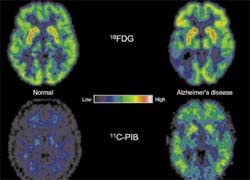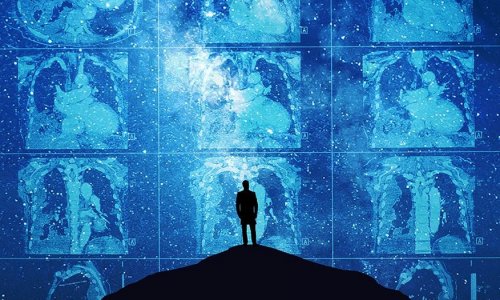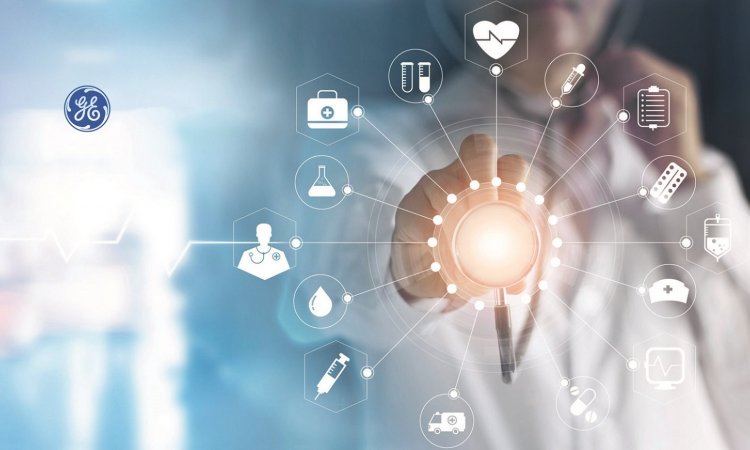Donation to Swedish Brain Foundation gains research funds
Sweden - The Swedish Brain Foundation has received a donation of SEK 250 thousand (approximately e27,593) to support advanced research and development, from GE Healthcare, based in Uppsala.

Since 1996, the Foundation has issued stipends to gifted brain researchers, enabling them to continue their research. To date, over 100 researchers have successfully met the criteria to receive this help.
Neuroscience is one of the medical fields in which Swedes have long been at the cutting edge. One in six Nobel Laureates in this field is Swedish, and Swedish research is frequently quoted in international science journals. ‘We greatly appreciate that GE Healthcare chose to partner with us as we continue to explore this exciting medical frontier,’ said Hillevi Engbrant, CEO of the Swedish Brain Foundation.
This non-profit, non-government funded, fund-raising foundation, initiated by Professor Lennart Widén, of the Karolinska Institute, Stockholm, in 1994, creates resources for research and information not only about the brain and brain diseases, but also peripheral nerve disorders.
About 20 postdoctoral research scholarships are awarded annually to young scientists in the country’s universities, which make it possible for the holder to continue their research and to qualify for an associate professorship.
During 2004, the Foundation began long-term support of four major research projects. The aim is to increase the number of grants to major projects.
The Foundation’s Scientific Board consists of 23 of Sweden’s leading neuroscientists.
Brain research is advancing rapidly. Imaging technology means we can see the brain ‘in action’ and genetic analysis can predict possible illness. To highlight some of that research, GE Healthcare partnered with the Foundation to host a ‘Brain Day’ forum at its Uppsala site, showcasing the frontier line of medical research with clinical implications in Sweden in the area of neurological diseases, with a special focus on Parkinson’s and Alzheimer’s diseases. Currently, neither of these diseases can be cured. Research is focused on both understanding what causes them and developing new treatment models.
‘What is truly encouraging about the research progress presented at our Brain Day forum is the very real way in which a basic understanding of disease translates into usable research and diagnostic tools...tools that allow us to observe and monitor changes in specific molecules in the brain and easily differentiate between different conditions,’ said Nigel Darby, Head of Life Sciences Research and Development at GE Healthcare. ‘It confirms to us that the promise of molecular medicine and the possibility of early and accurate diagnosis of serious neurological conditions is within reach.’
01.05.2006











